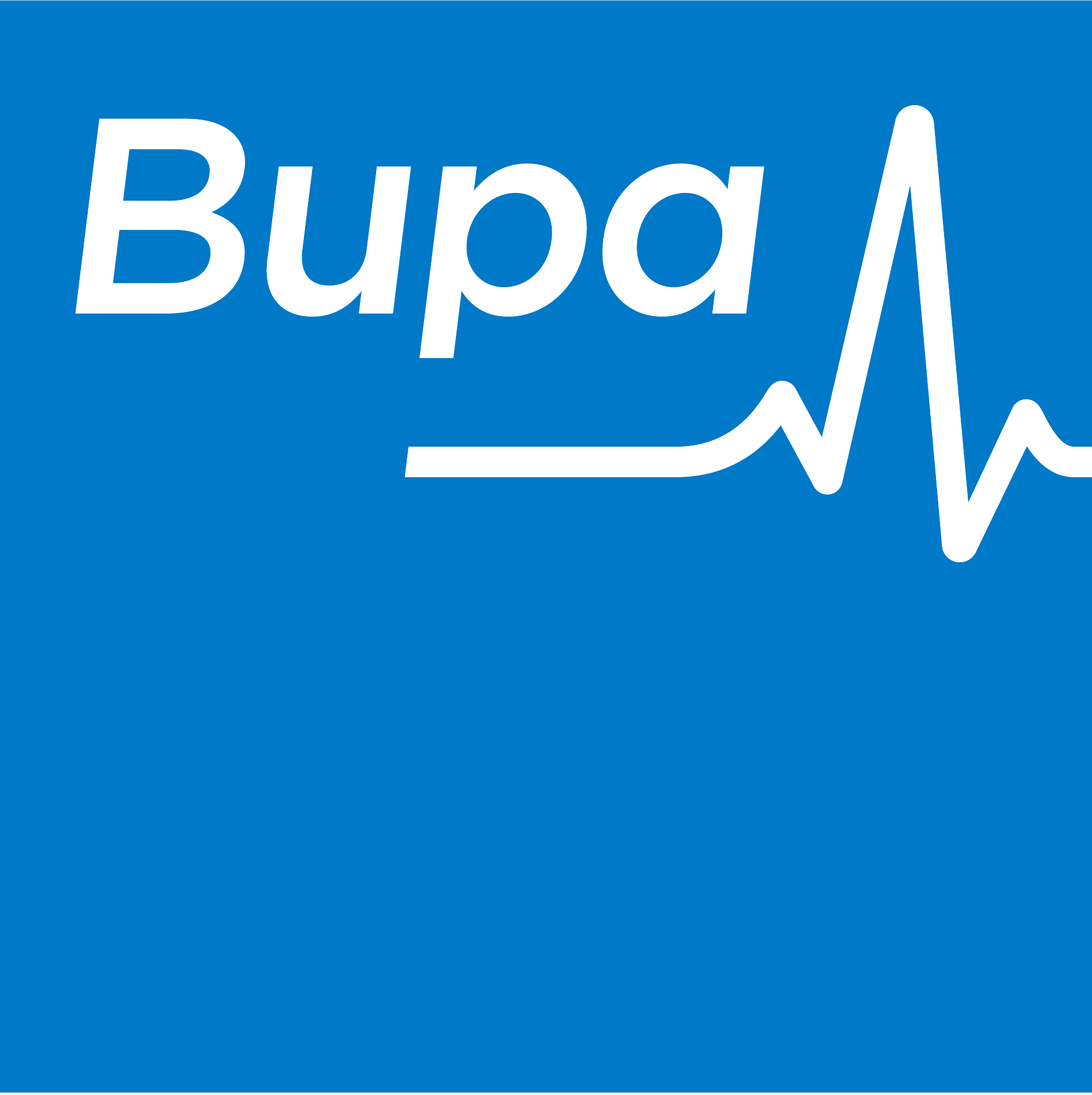We may often think about addiction as substance dependencies, such as alcohol, illegal drugs, and nicotine. However, addictive behaviours can extend to gambling, video gaming and pornography.
“In simple terms, an addiction is anything which stimulates dopamine reward pathways in the brain. It establishes a craving for something to the point where a want becomes a need,” said Dr Naveen Puri, Medical Director for Bupa UK Insurance.
Dr Puri continued: “Addiction is complex and often involves multiple drivers. These include genetics, poor mental health, and environmental factors such as peer pressure, the availability of a substance or activity and whether or not it is socially acceptable.”
Potential business risks
It’s reported that as many as one in five working people have difficulty with alcohol or drugs, and alcohol misuse costs the UK economy £7.3 billion a year in lost productivity. Although the extent of drug dependency in the workplace is not known, an estimated one in 11 adults aged 16 to 59 have taken an addictive, or potentially addictive, Class-A drug in the past year.
“This represents a significant risk for any business. Alcohol and drugs impair decision-making and reaction times and increase the risk of both absenteeism and presenteeism,” said Dr Caroline Wood, head of behavioural insights and research, at Bupa Global and UK.
“Contrary to popular belief, the majority of people who have an alcohol use problem are in work,” according to a report from the British Medical Association (BMA). The BMA report also identified shift work, travel away from home, remote working and job stress as factors that increase the use of alcohol and illicit drugs. Employees who work more than 55 hours a week are more likely to drink at levels which threaten their health.
Under the Health and Safety at Work Act, employers have a responsibility to ensure the health, safety, and welfare of employees. “Employers must have systems in place to identify team members who may be struggling, and offer support before there is a crisis. Providing effective support and having policies in place which promote positive interventions will minimise the damage for both the individual and the organisation,” said Dr Wood.
Providing effective support
As an employer, providing support to an employee struggling with addictive behaviours can be life-changing, as well as ensuring the safety and wellbeing of their colleagues. But what does support look like?
Having clear, consistent and well-communicated company policies, including an alcohol and drugs policy, can help to protect individuals and team members. These policies should encourage employees to speak to their line manager or a trusted colleague if they are struggling.
As line managers, building positive team relationships can help to spot the signs that an employee is struggling, such as changes in behaviour or increased absence. If you suspect a problem, it’s worth having a private conversation to check in, using open and non-judgemental questions – such as, ‘How are you feeling?’ The Health and Safety Executive has useful advice and guidance for line managers.
“It is also important to remember that dependence on drugs or alcohol are recognised medical conditions, and therefore, need to be treated in the right way. Employees should have confidence that their problems will be addressed confidentially where possible, and advised if employers are under an obligation to notify external agencies. They should also be confident their issues will be dealt with effectively and consistently,” said Dr Sarah Griffiths, lead behavioural insights specialist at Bupa Global and UK.
If an employee needs help, they should always be encouraged to see their GP or have a referral to a specialist drug or alcohol service. Some larger organisations have implemented buddy systems for people who are struggling with addictive behaviours or substance misuse, to meet with someone in recovery.
It’s important to remember different forms of addiction present their own challenges. There’s no simple off-the-shelf solution.
For more information about why businesses need to adapt their current health and wellbeing programmes to future-proof how they support addictive behaviours, visit Health Horizons.










